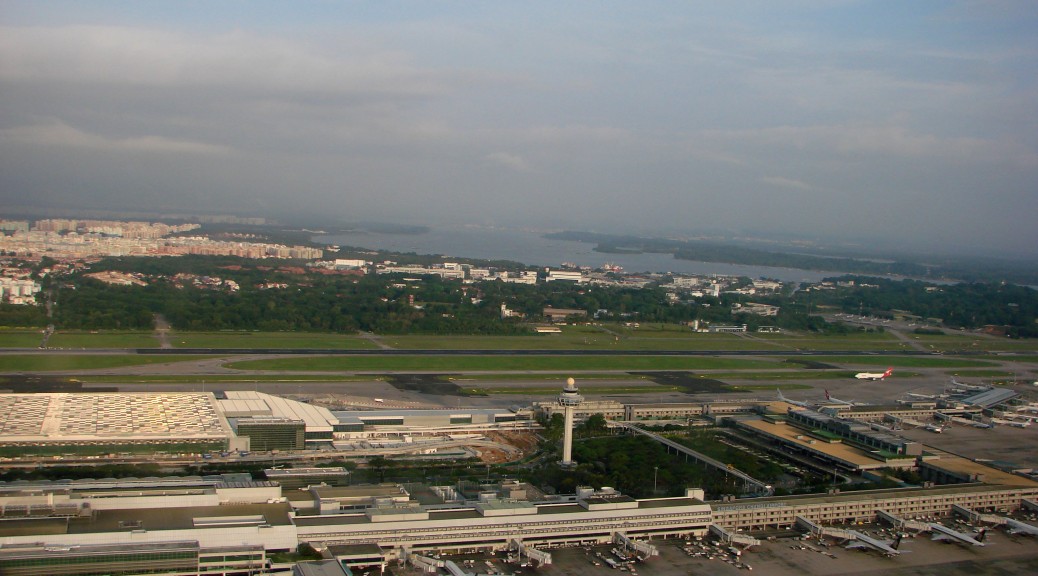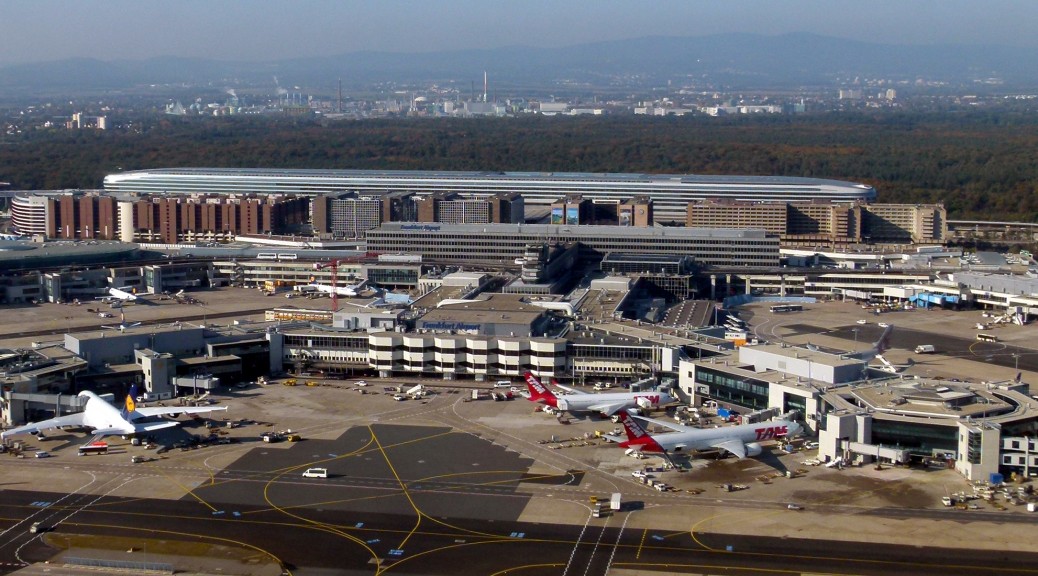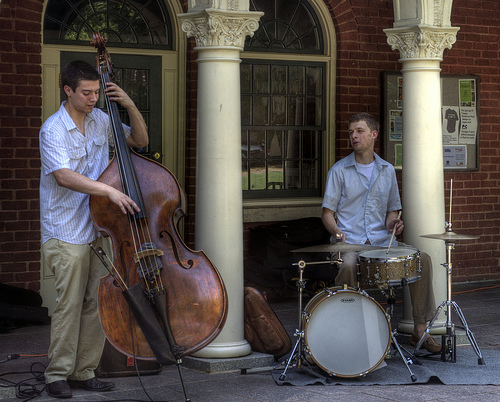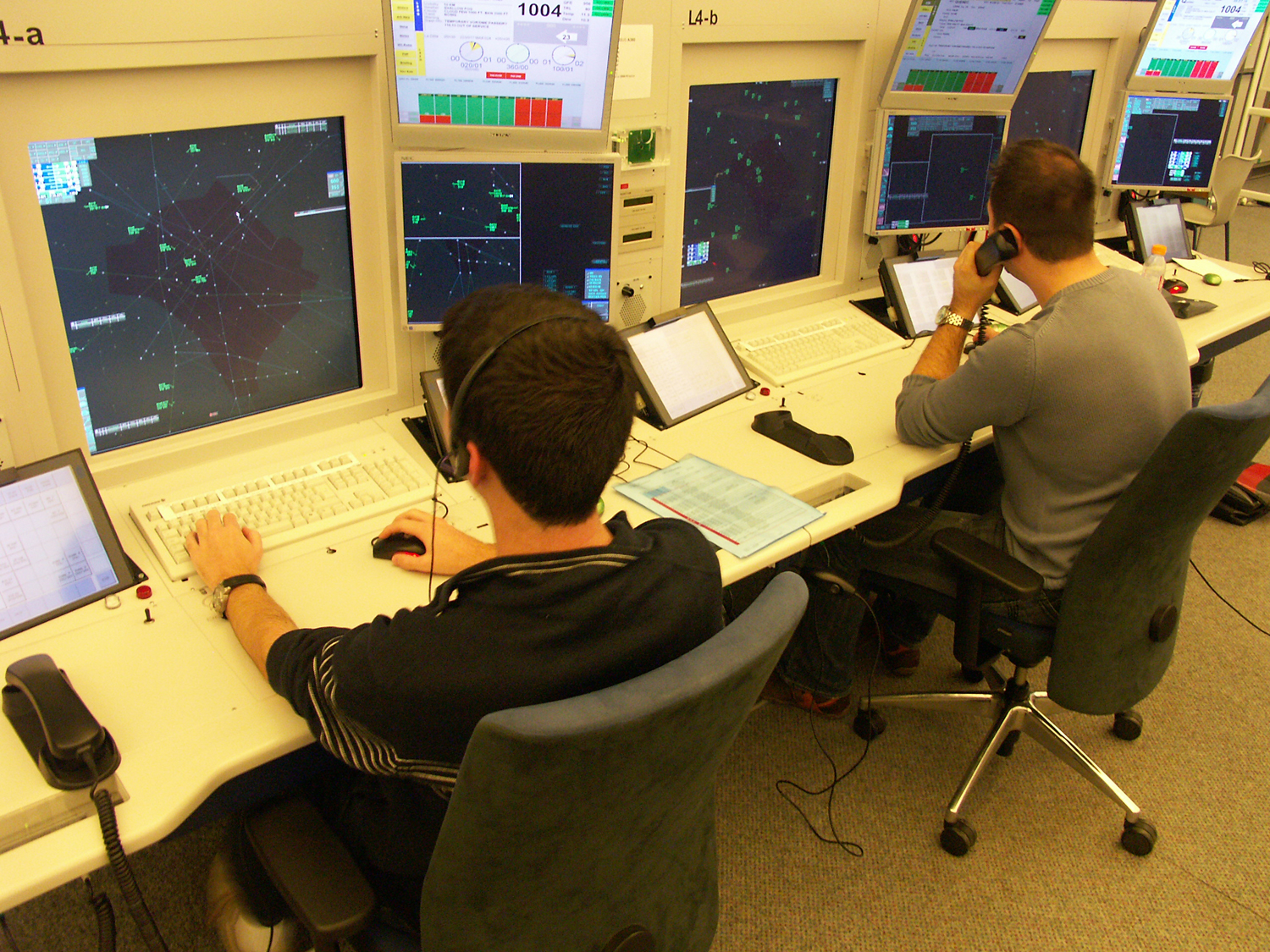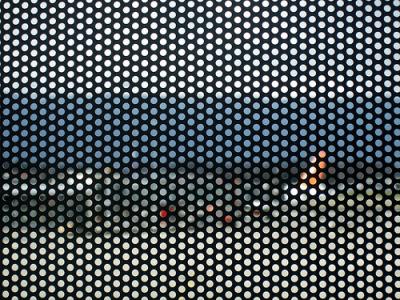LateDeparture.com is proud to have secured an interview with Daniela, an experienced Air Traffic Controller from Geneva airport. She provides us with interesting insights about her job, the stress levels and where she thinks air traffic volumes are heading towards. Plus she provides us with her favourite airport tips.
How did you become a Air Traffic Controller (ATC)?
After a few psycho-technical and job related tests, SKYGUIDE (former swisscontrol) proposed me to join a 36 months lasting student course.
The first year, I had a lot of theory lessons about legislation, aerodynamics, aircraft recognition and other ATC subjects followed by a period of simulator training.
Then, all the students (around 40) of my class were transferred to the final location, either Geneva, Zurich, Bern or Lugano. We had also few students working for military airports.
After two more years of on the job training, under surveillance of a confirmed and trained coach, I got my license to work alone on the different sectors at the tower and approach-sector in Geneva.
Can you explain our readers what your job involves on a day to day basis?
In my daily business I am always member of a team working in changing shifts.
In the Tower or Aerodrome Control, our team has to supervise the entire airport’s taxiing, takeoff and landing operations, as well as handling all the airborne traffic in the airport’s immediate vicinity.
In Approach Control, we guide all approaches and departures within a radius of around 50 kilometres from the airport. This includes managing and monitoring departing flights as they climb to their assigned levels and airways, and assisting aircraft down until they are handed over to the Tower.
Many people regard your job as a very stressful one with a lot of responsibility, do you see it this way too?
It can be very stressful, for instance on high loaded days as during the summer holiday period.
But, to hand over to an other colleague at the end of my shift, is the hugest advantage of my job. At the end of my working day I do not have to worry about ongoing folders as someone else is taking on the traffic.
During the years you have worked in your job, the air traffic volume has increased steadily, did your workload increase in parallel to that?
Yes, it increased constantly, but not at the same rate as the traffic volume. Compared to the nineties we have a lot more technical help, the systems are in a constant evolution to assist us in an optimal way.
As this blog is about what you can do at airports when your flight is delayed, one obvious question is, what areas can Air Traffic Controller influence in terms of punctuality or delay in terms of a specific flight?
Obviously, every ATC is always doing his best to expedite the traffic flow.
We try to optimize constantly the speeds of the arriving traffic in a way to permit to get in-between each arrival at least one departure out. This is by the way a specificity of Geneva as we are one of the busiest airports with one single runway in use.
For the slot management we do not have a lot of possibilities to act on, as we are only one of many handling a flight.
Each sector treating a flight from the departure airport to the final destination has a certain capacity, meaning an amount of traffic it is able to handle at a given time at the given conditions.
This capacity depends on the weather conditions, the staffing, the availability of navigational aids and technical installations.
For all flights anywhere in Europe, the routings are collected in a central computer at Brussels where they are compared and so called departure slots are distributed to flights which risk to be in a traffic congestion.
This flights are then held on ground instead of being kept longer in the air in a traffic jam.
Can you illustrate a specific example for Geneva airport where a situation led to delays? What did you (have to) do about it?
One obvious example creating delay is a runway closure, for instance in winter time, when snow clearing becomes necessary. Then, the fire brigade needs around half an hour to remove the snow on a large width and the whole length of the runway.
As well in winter, the time needed on ground for the aircraft can be increased for deicing procedures. The aircrafts have to be cleared of ice and snow which could cause too much resistance during flight enabling the aircraft to fly properly.
But the most common reason for delay is the overload of sectors, as all the companies want to have the same arriving times at their destination. For example, a lot of businessjets plan to arrive on time for the first meetings in the morning, so you create the same traffic jams as you find on the road on the way to your office.
Clearly safety is the biggest priority in your job, but do you also get measured on timeliness of arriving and departing aircrafts?
Yes, we do get regularly feedback on our performance in terms of delay.
There exists a so called “hit-list” of the worst airports in Europe where Geneva figures on as number 17 with an average delay of around 0.34 minutes per flight for the 175’863 handled flights in 2008. 95% of all flights were able to respect their schedule on time.
What would your suggestion be for improving flight punctuality in general?
As a passenger you can contribute to more punctuality by being ready early enough at the gate. This measure helps the companies to leave the stand on time and meet the given departure slot.
If a flight is delayed due to a missing passenger, the company has to announce the delay to the flow management and the departure slot is lost. As it is a last-minute change, this flight will get the next available slot which can be hours later. The principal of the slot allocation is always “first come, first served”.
The second suggestion would be to be patient, as a flight is much safer, economically and ecologically while waiting on the ground than doing holding patterns close to the overloaded destination.
You have probably come across many airports in your life as well, do you have a personal favorite and if so, what makes that airport special?
Of course Geneva Cointrin is one of my favorites, as you can get one of the best coffees and chocolates at “MARTELS confiseur” close to the arrival hall. It is also famous for its “pavé de Genève”, a chocolate speciality.
An other airport I like a lot is Copenhagen [read our reviewed here] , people are very friendly and from an operational point of view, the two parallel runways and the very flat topography are a huge advantage for expediting the traffic.
Thank you very much, Daniela, for your time answering all our questions!
[Picture from Skyguide]

